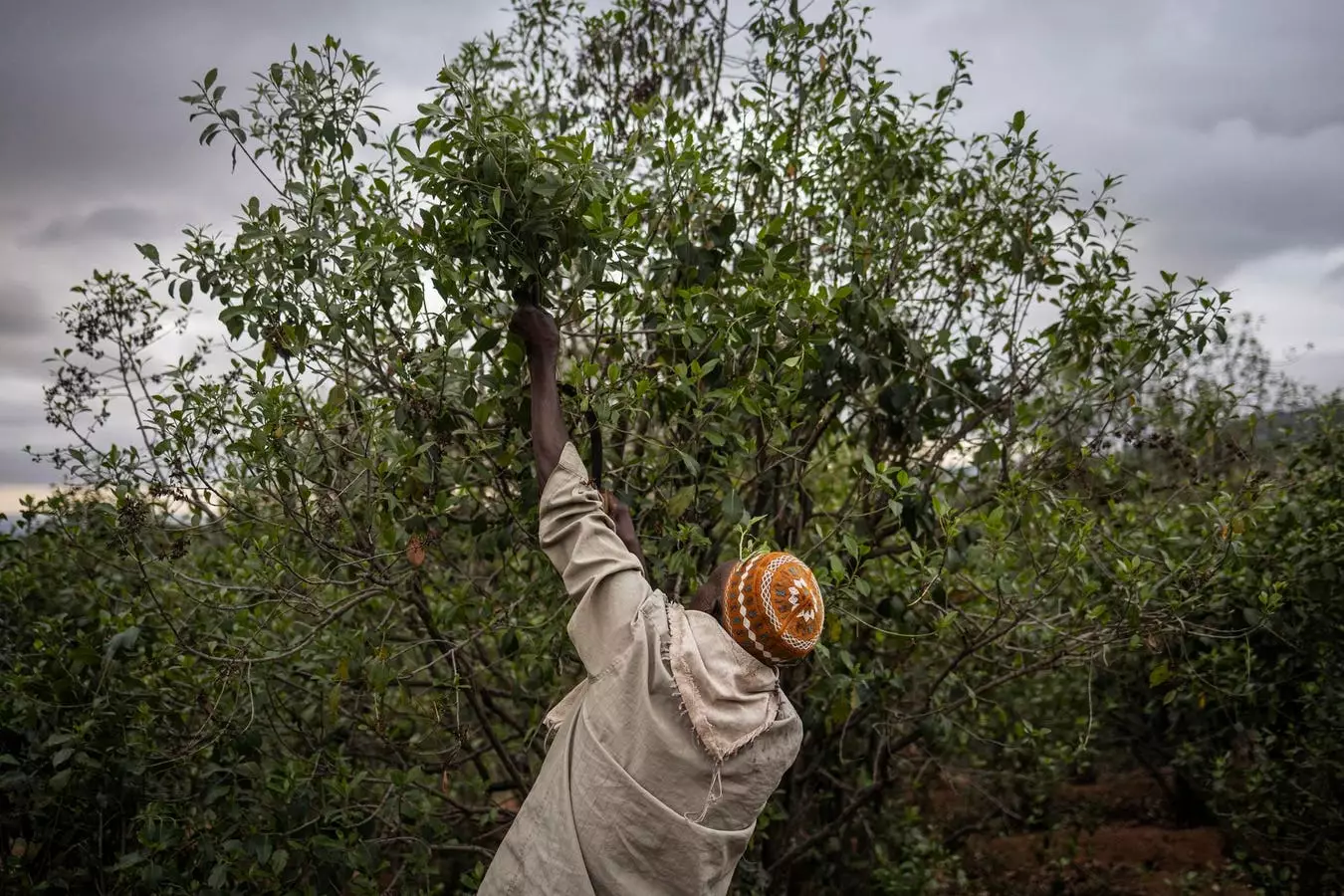As the world prepares for the upcoming United Nations Food Systems Summit Stocktake (UNFSS+4), one thing remains painfully clear: our progress towards sustainable, equitable, and resilient food systems is insufficient and painfully slow. The stakes are high—climate change, economic upheaval, rising hunger, and malnutrition threaten billions of lives. Yet, amidst the global discourse, there’s a glaring disconnect between policy ambitions and tangible ground-level action. Cleanly articulated goals float in international forums, but far too often, policies lack the vital human element, the voices of those most affected.
The critical challenge is making this summit more than just a symbolic moment. It must serve as a catalyst for authentic transformation—rooted in the realities of farmers, fishers, pastoralists, and vulnerable communities. These groups are the bedrock of food systems, yet they remain marginalized in decision-making processes. Their experiences, innovations, and struggles should be the foundation of real progress, not afterthoughts in high-level negotiations.
Structural Flaws and the Need for Inclusive Strategies
One of the most concerning issues looming over the UNFSS+4 is the question of whose interests are truly driving the agenda. The withdrawal of the Civil Society and Indigenous Peoples’ Mechanism (CSIPM) underscores this disconnect. Their regret centers on the summit’s perceived tilt towards corporate interests that risk sidelining critical human rights and local realities. This dilemma underscores a fundamental problem: global conversations risk becoming detached from those who face the consequences daily.
The structural design of these summits, often dominated by bureaucratic machinery and corporate agendas, risks overshadowing grassroots voices. As Souad Mahmoud of Via Campesina pointedly asks, “What good are our expertise if we cannot secure our fundamental right to feed ourselves?” Her question cuts through the superficial claims of progress, revealing the stark reality that policies must prioritize human dignity and food sovereignty.
Now more than ever, the global community must critically evaluate whether these summits are truly inclusive spaces. Are they fostering dialogue that empowers those who grow, harvest, and distribute our food? Or are they merely token platforms, serving the interests of powerful stakeholders? Without rethinking these structures and amplifying marginalized voices, the risk is that promises made at international gatherings will remain unfulfilled.
Ground-Truthing: Listening to the People Who Know Best
In my view, a genuine shift in approach is essential. Moving beyond top-down policy prescriptions, we need to embrace what I term “ground-truthing”—a process of actively listening to and learning from local communities. This isn’t just a metaphorical exercise; it’s a practical necessity. Farmers, pastoralists, fishers, and community organizers possess a wealth of contextual knowledge gained through lived experience. Their innovative responses to climate adversity, market challenges, and social inequalities are often overlooked or dismissed by external policymakers.
My ongoing work in Ethiopia exemplifies this approach. After the UNFSS+4, I plan to travel extensively in the region, engaging directly with local food producers and community groups. These conversations offer invaluable insights into how ground realities shape the success—or failure—of food system strategies. What local knowledge tells us often contradicts oversimplified narratives and reveals innovative resilience that can inform global solutions.
Understanding these realities is crucial to closing the gap between ambitious goals and achievable results. If we genuinely want to meet the UN’s 2030 Sustainable Development Goals, we must invest more in empowering these ground-level actors. They are not just beneficiaries but essential partners in co-creating solutions.
Transforming Goals into Tangible Outcomes
The core challenge lies in translating lofty international commitments into tangible, measurable actions on the ground. This requires bold policies backed by adequate budgets, risk-tolerant investment, and strategic public-private partnerships. It also demands that capital not only seeks financial returns but also promotes food security, climate resilience, and social equity.
Yet, the disconnect between these objectives persists. Too often, investments favor short-term gains or perpetuate vulnerabilities, especially for smallholders and marginalized groups. To overcome this, we must reimagine the role of financial flows—encouraging more patient capital, supporting innovative agroecological practices, and ensuring policies are designed with community input from the outset. Real progress will only occur if those who are most affected are leading the narrative and decision-making.
Ultimately, food system transformation isn’t just about producing more food; it’s about nourishing people, respecting the environment, and creating opportunities for communities to thrive. Every step forward must honor the diversity of experiences and solutions already present in local contexts. The path to sustainable food systems is complex but navigable—if we choose to listen, learn, and act inclusively.
Reclaiming the Power of Local Communities in Global Discourse
This moment—both at the UNFSS+4 and beyond—should serve as a pivotal turning point in how global food policy is shaped. Instead of tokenistic consultations, we need to institutionalize genuine participation from those who live the realities of hunger, climate chaos, and economic hardship. Their stories, innovations, and resilience are not peripheral but central to crafting sustainable solutions.
A true revolution in food systems requires a paradigm shift—where power is decentralized, local knowledge is valued as strategic, and policies are crafted from the bottom up. The future of global food security depends on our collective ability to lift these voices and embed their realities into every level of decision-making. Only then can international commitments translate into meaningful, lasting change that nourishes the many, not just the few.


Leave a Reply